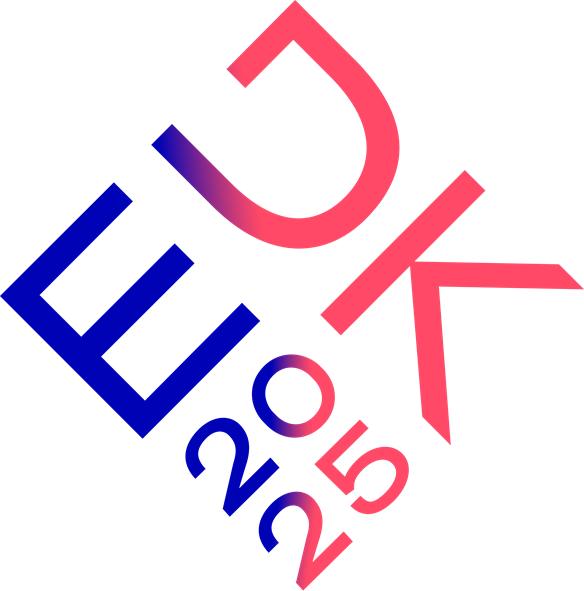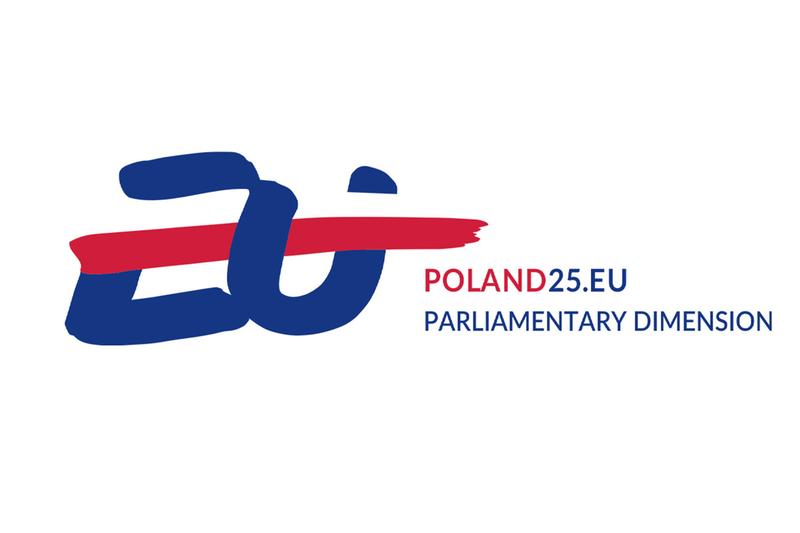Archived website of the Polish presidency 2011 parliamentary dimension
- During Poland’s six-month rotating Presidency of the Council of the European Union, which involved mainly the management by the Council of Ministers of the work of the Council and its preparatory bodies, the Polish parliament exercised the Presidency in the parliamentary dimension. During that period the Sejm and the Senate were jointly responsible for the preparation and performance of parliamentary cooperation, which has gained an entirely different meaning in the light of the Treaty of Lisbon. The hosts of each meeting were the Marshals or the chairpersons of committees of both chambers. In the period July – December 2011, those responsibilities included:
- holding the Presidency of COSAC – the Conference of Community and European Affairs Committees – and organising two COSAC meetings in Warsaw,
- organising sectoral committee meetings, mainly in Warsaw, at the committee chairpersons’ level,
- co-organising Joint Parliamentary Meetings (JPM) together with the EP – in Brussels,
- co-organising Joint Committee Meetings (JCM) together with the EP – in Brussels,
- organising conferences and seminars.
In addition, starting in spring 2011, i.e. as of the closing of the meeting of the European Union Speakers Conference (EUSC), the Sejm and the Senate assumed the annual presidency of that body. According to its Rules of Procedure, the Presidency of the EUSC is exercised by the parliament of the Member State holding the EU Presidency in the second half of a calendar year. The Polish parliament was thus the organiser and host of the EUSC meeting in April 2012, as well as of an earlier meeting of the Secretaries-General.
Overall, this meant a dozen or so meetings at different levels (see "Interparliamentary Meetings of Polish Presidency"). - The implementation of the parliamentary dimension of the Presidency involved the need to coordinate the calendar and agendas of different interparliamentary meetings. The subjects of the meetings were agreed with the Speakers of Parliaments or chairpersons of parliamentary committees forming the Trio and the Troika and with the European Parliament, taking into account the priorities of the Presidency. This involved the following frameworks:
- the Presidency Trio (Poland, Denmark, Cyprus);
- the COSAC Presidency Troika, which coincides with the Presidency of the EU Council (the Troika consists of the present, previous and incoming Presidencies and the European Parliament) – the EU Affairs Committees of the Sejm and the Senate held membership of the following Troikas between January 2011 and June 2012: Belgium, Hungary, Poland + PE; Hungary, Poland, Denmark + PE; Poland, Denmark, Cyprus + PE;
- cooperation with the European Parliament – in connection with Joint Parliamentary Meetings and Joint Committee Meetings, which were co-hosted by the EP.
Furthermore, under the IPEX Guidelines, the Polish Parliament participated ex officio in the work of the IPEX Council as member of the EUSC Troika (spring 2010 – spring 2013).
- In preparing for the exercise of the parliamentary dimension of the Presidency, the Sejm and the Senate, together with the Speakers of the other two Parliaments of the Trio signed the “Declaration on cooperation among the Houses of the Parliaments of Poland, Denmark and Cyprus in connection with the preparation and accomplishment of the parliamentary dimension of the Presidencies of the three European Union Member States, 1 July 2011 – 31 December 2012”. In the Declaration, the parliaments pledged to provide mutual support, exchange information on programmes, subjects and formulas of their meetings, and to coordinate their cooperation with the European Parliament.


